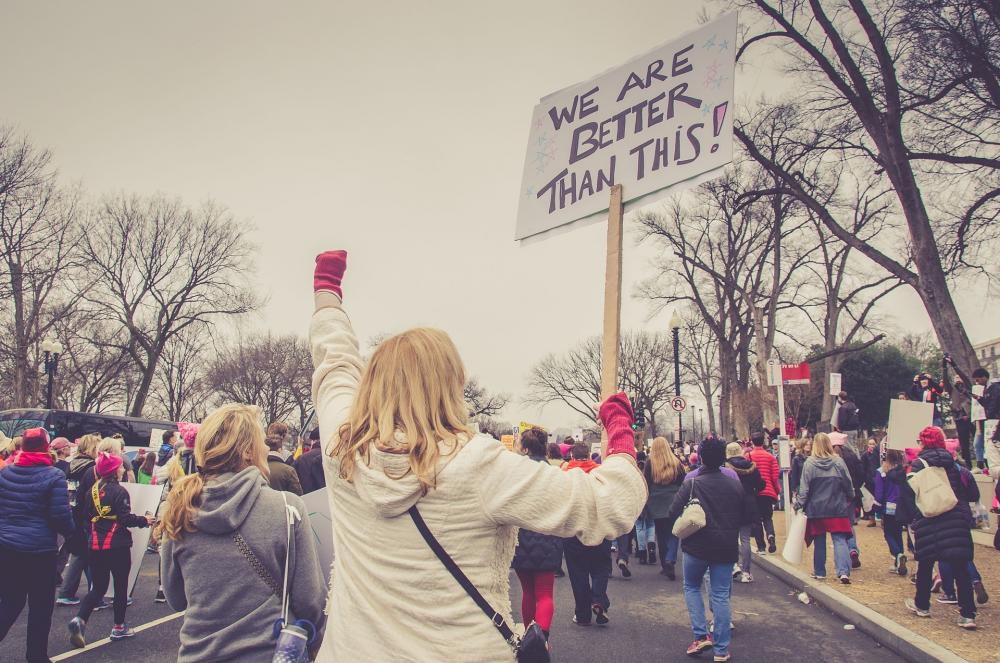
Political Philosophy Coursework Example
Political philosophy is like this cool journey that digs into the nitty-gritty of how we run things, who's in charge, and how societies work. It's basically our guide to understanding the crazy dynamics that shape our world. Alright, buckle up for this coursework rollercoaster! We're jumping on a time-traveling bus, digging into the crazy tapestry of political philosophy woven into societies over the years.
At its core, political philosophy is like tackling those big questions – who's running the show, what's fair, and how do we keep things organized? It's basically the ultimate GPS for navigating the wild world of governance. Why bother with political philosophy, you ask? Well, it's like this super handy tool for figuring out how societies tick. Dive into the theories and principles behind political systems, and you get the inside scoop on the past, present, and even where societies might be heading.
Let's start our adventure with the OG thinkers, the real trailblazers, like Plato and Aristotle. Back in the day, they were setting the stage for all the deep thoughts to come. Plato's "Republic" is basically like daydreaming about the ultimate state of perfection, while Aristotle's "Politics" dives into the down-and-dirty details of how we govern, what citizenship means, and the whole common good vibe.
Now, fast-forwarding through the medieval scene, we stumble upon Augustine's "City of God." It's like taking a plunge into the connection between the heavenly and earthly cities – deep stuff, right? Then, Aquinas joins the party, mixing philosophy and theology for a serious political brain workout.
Skipping ahead to the Renaissance, Machiavelli drops some real talk with "The Prince," tossing conventional morals out the window. The Enlightenment era introduces heavy hitters like Hobbes, Locke, and Rousseau, each bringing their own flavor to the governance, rights, and social contract party.
Rawls' "Theory of Justice" and Nozick's "Entitlement Theory" bring different vibes to the justice scene, exploring ideas of fairness and distributive principles that still echo in today's debates.
We then take a stroll through the landscapes of authority with Weber's typology and dive into Foucault's "Discipline and Punish," uncovering the crazy dance between power, control, and how societies run things. Mill's "On Liberty" fights for individual freedoms, while Arendt's "The Human Condition" gets into the nitty-gritty of human rights and the public sphere.
Distinguishing between classical and modern liberalism, we cruise through the world of liberal thought, meeting key thinkers shaping the ideals of individual liberty and democratic governance. We then check out traditional and modern conservatism, breaking down the philosophies that keep societies steady and preserved.
From the ghost of Marxism to the real deal of democratic socialism, we dive into economic structures, equality, and the role of the state. Gender, power dynamics, and equality take the spotlight as we explore feminist political philosophy, tracking the intellectual evolution of thinkers who shook up the norm.
In the contemporary era, the world gets all tangled up, raising questions about global governance and cultural exchange. We need a nuanced understanding of cosmopolitan ideals to make sense of it all.
Urgent environmental crises throw political philosophy into the mix, exploring ethical responsibilities and sustainable governance. In a world bursting with diversity, the mash-up of political philosophy and multiculturalism becomes the ultimate test tube for understanding identity politics and social harmony.
As tech shakes up the world of political power, our coursework dives into the wild implications of digital landscapes on how we're governed and how citizens fit into the picture.
Postmodernism then waltzes in, shaking up the traditional frameworks and giving established norms a good once-over. Intersectionality joins the party, unraveling the crazy web of overlapping social identities, making traditional political theories do a double take. Democracy faces a whole bunch of challenges in the contemporary era, forcing us to take a hard look at its roots and how flexible it can be.
The whole theory and practice dance unfolds as we explore how political philosophy shapes public policies, steering the course of nations. Human rights, the rockstars of today's discussions, actually find their roots in political philosophy, shaping global ethical standards.
On the global stage, we pull out our magnifying glass and dissect how political philosophy plays out in international relations, diplomacy, and global governance.
The coursework wraps up with a mash-up of key concepts, weaving together the historical, theoretical, and today's threads that make up the wild tapestry of political philosophy. Hammering home the point that political philosophy is always on the move, the conclusion reminds us of the never-ending need to explore and chat about the ever-changing world of governance and societal structures.
Tossing in a curated list of readings and sources, this section is like handing students a treasure map to dive even deeper into political philosophy. So, as we unravel the crazy complexities of political philosophy, this coursework example becomes a trusty guide for students, steering them through history, core concepts, modern ideas, today's issues, critiques, real-world uses, and the constant need for more exploration. It's basically a high-five to the everlasting relevance and brainpower of political philosophy in figuring out the crazy puzzle of the human experience.